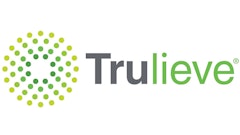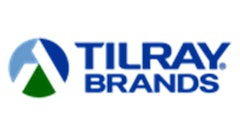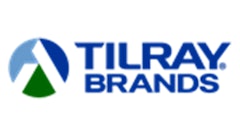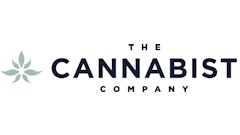Plant-touching companies that received federal aid from the Paycheck Protection Program (PPP) as a result of the economic turmoil from the coronavirus pandemic should return the funds immediately, according to Scot Crow, an attorney who leads the cannabis practice group at Dickinson Wright.
“Our determination that our lawyers made internally was this was not something that was available to any of our clients that were directly leaf-touching businesses or structures designed to support those cannabis businesses,” Crow said in an interview.
The PPP is a federal loan program included in the Coronavirus Aid, Relief and Economic Security (CARES) Act, passed by Congress on March 27. The Small Business Administration (SBA)-run program offers loans of up to $10 million to small businesses. If the funds are spent on employee wages and other specific business expenses, they are forgivable.
SBA guidelines issued on April 15 explicitly exclude companies “engaged in any activity that is illegal under Federal law,” which plant-touching cannabis businesses clearly are.
The initial PPP loan phase did not have specific guidelines, so it is possible the cannabis business that applied for loans during that period did not realize they would be ineligible for the program.
But if applications were made on or after the April 15 guidelines, “I don’t know how that doesn’t literally rise to the level of fraud whether you do it with intent to deceive or it’s done with reckless disregard with respect to what the rules say,” Crow said.
Because cannabis companies use differently named corporations to hold different assets (a common practice across all industries), the list of plant-touching companies that received PPP loans might be longer than what has been reported.
Other cannabis-adjacent companies that applied for the program might receive increased scrutiny for their loan applications. “It gets much more murky when you get into businesses that will be indirect marijuana businesses or you have a support structure that has both a hemp and a cannabis component to it,” Crow said, adding that those cases likely won’t be ripe for fraud.
Any plant-touching cannabis business should seriously consider returning the money before the federal government chases after it. In Crow’s experience, “when you approach a government agency and tell them of your wrongdoing, they are much more lenient than if they have to take the time to figure it out and show up at your door.”
For companies that spent part or all of the loaned funds, Crow’s advice remains the same: Initiate the process with the government agency to figure out a plan on how to “return that capital over time.”
If the worse-case scenario—like the Internal Revenue Service (IRS) showing up at your corporate office—happens, “don’t say a word and start lawyering up,” Scot says, “because you’re likely in a deeper situation than if you had come forward and said ‘here’s the money, I’m going to return it.’”

























